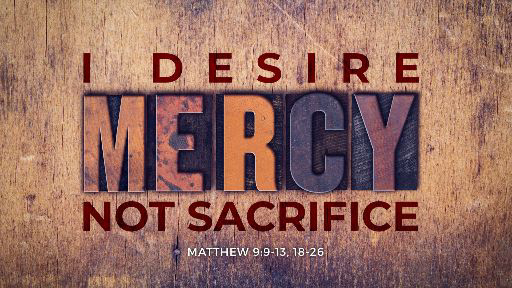Mystery of the day: Sorrowful
Celebration: Commemoration of the Blessed Virgin Mary (BVM)
Liturgical Colour: White
Table of the Word
First Reading: Genesis 27:1–5, 15–29
Gospel: Matthew 9:14–17
Theme: New Wine - Fresh Wineskins
Reflection
The text:
“Neither is new wine put into old wineskins; if it is, the skins burst, and the wine is spilled, and the skins are destroyed; but new wine is put into fresh wineskins, and so both are preserved” (Matthew 9:17).
This forms the basis of our reflection this morning. According to Evangelist Matthew Jesus gives this teaching in response to a question from the disciples of John the Baptist about why His disciples do not fast. Jesus answers with three short parables:
- The bridegroom and the wedding guests (Matthew 9:15)
- The patch on an old garment (Matthew 9:16)
- The new wine in old wineskins (Matthew 9:17)
The third response is at the centre of our thoughts, where we will take a critical look into what it means to be either old wineskins or new wineskins. In reaction to this, one of the Church Fathers - St. Augustine in his Sermon avers: “The new wine is the fervor of the faith, the heat of grace... The old wineskin is the heart stiffened in the oldness of the law.” (Sermon 74).
These are metaphors to illustrate the newness of His mission and the incompatibility of the Gospel with old, rigid religious systems.
In furtherance of our discourse, what is "an Old Wineskins": In ancient times, wine was stored in goatskins. New wine ferments and expands, and old wineskins, already stretched and brittle, would burst if reused. Metaphorically, Jesus employed the concept of "old wineskins" to represent the old religious structures, such as: Pharisaic legalism, a tradition that resisted transformation symbolizing a mindset unwilling to change or receive new revelation. While New wine on the other hand refers to the new life, teachings, and spiritual power Jesus brings through His ministry, particularly: The message of grace and mercy that transcends the legalism of the Pharisees (cf. Luke 22:20).
Beloved in Christ Jesus, this invitation called to mind a renewed relationship with God through Christ, internal transformation, not just external compliance.
Finally, we as the community of Christ faithful we are being called to let go of the old wineskins: legalism, pride, complacency and allow the new wine of Christ’s love and mercy to renew us. Like Jacob in the first reading (cf.Genesis 27:1–5, 15–29), we may stumble, but God can still bless us and make us instruments of His covenant. Like the disciples of John, we must move from custom to communion, from ritual to relationship. Let us allow Christ, the Bridegroom, to fill us with the new wine of His Spirit, making our lives vessels of His grace; so that wherever we find ourselves we may spread this fragrance of newness to every heart.
+ Peace be with you.
© ARCHIVE 05072025





